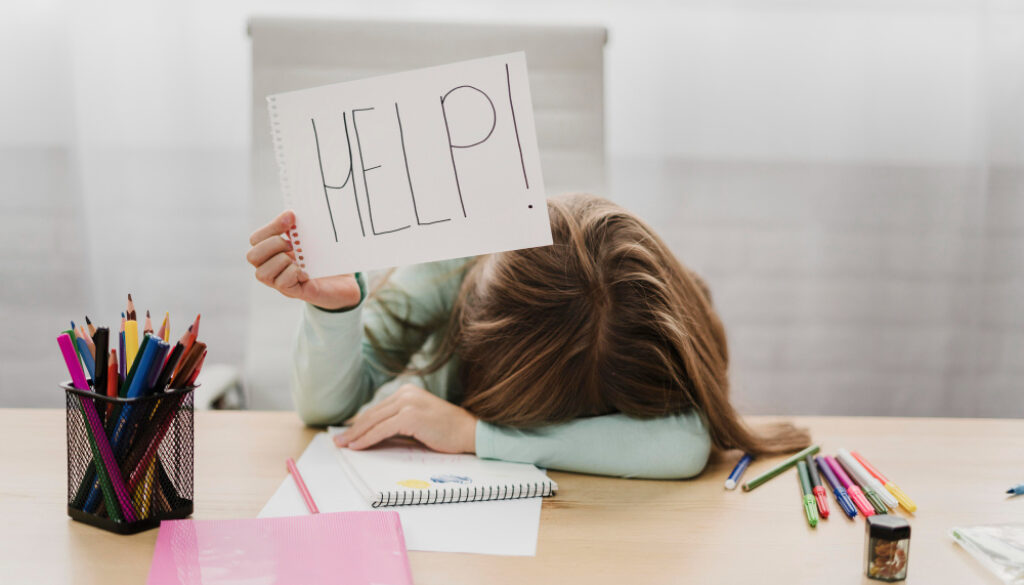Table of Contents
Stress
Stress is as prevalent in our today’s fast-paced reality as the air we breathe. Stemming from our jobs, relationships, and constant notifications beeping and buzzing from our smartphones, stress seems like a thing that one cannot avoid ever. However, it is important to learn to manage stress as otherwise, it might affect one’s mental and physical health. Let’s delve into a few strategies that will help you navigate the violent storms of stress with dignity.
It’s Not All Bad
First, it is important to note that not all stress is bad. In fact, stress responses help us meet very impractical human needs. The stress gas propels us, deadline to deadline; it pushes us to get rid of problems, big and small, and, believe it or not, motivates us to get out of the way when something might hurt us. Chronic stress, on the other hand, is extremely bad for your health: it can destroy your physical and mental well-being if left unattended, causing conditions such as anxiety, depression, heart disease, and more.

So here are a few Techniques That You Can Use to Reduce Stress:
- Mindfulness and meditation. These practices are extremely popular nowadays – with good reason. When you learn to live here and now, it is much easier to eliminate the source of your anxiety, which might be rooted in the past or the future. On the other hand, meditation can help you silence your mind, which is enormously helpful when managing stress.
- Physical activity. Finally, while exercising is not only done to bulk up or lose weight, it is also amazing for stress reduction. Running or walking in the part, hitting the yoga mat, or cycling will all increase your endorphins, the body’s own happy pills.
- Quality Sleep: Sleep is a powerful healer and restorative thing. It is a cyclical relationship, as stress can cause sleep deprivation, while sleep deprivation can exacerbate stress. Try to get 7 to 9 hours of uninterrupted sleep every night. Quality sleep will help you cope with stress and make your body healthier.
- Healthy Nutrition: everyone knows the importance of a balanced diet. But not everyone is aware that what we eat can directly affect our daily well-being and activity. Healthy food or, conversely, fried foods can affect the level of our stress. Eat fresh fruits and vegetables, lean meat, whole grains, and Greek yogurt. Try to minimize the amount of caffeine and sugar, as these products are provoking factors for the occurrence of excitement and unwarranted anxiety.
- Network and Communicate: Social support is another crucial coping aid. Social support will help you cope with stress. Whatever you say to your loved ones, verbalizing the load on your shoulders can also remind you that you are not alone. When to ask for professional help? All these above-described short-term strategies seem nice. However, it cannot be a panacea and fully meet the human psychological needs. vacant therapeutic strategies.

When to seek professional help
These strategies mentioned above are useful but might not be adequate for everyone. If you notice that stress is becoming unbearable, lasting too long, and continuing to interfere with your day-by-day life, it may be time to consult with a professional. Therapists and counselors are specialized in helping you find effective stress management techniques and can support the identification and resolution of the root trauma causes.
Conclusion
By implementing these proven stress-reduction techniques into your everyday routine, you’re preparing yourself to face what life throws at you with more ease and clarity. However, remember that stress is unique, and there isn’t a one-size-fits-all solution. It demands exploration, patience, and a willingness to try several techniques to find what works best for you. With the right approach and support, you will get the power to transform the way you experience stress and find balance and wellness again.
For more information, visit our homepage
Follow us on Facebook and Instagram



